

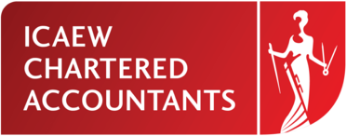
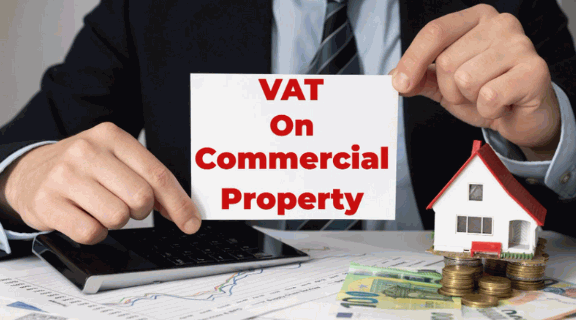
When renting or buying a commercial property, it is important to understand the VAT implications. VAT is complicated at the best of times but the VAT on commercial property sales and leases can be even more complex than usual. In many cases, VAT won't be too much of a concern because the majority of the time, commercial properties. In the cases where they aren't, it can sometimes be possible to avoid paying VAT. Read on for an in-depth look at everything commercial property VAT.
Buying or selling commercial property can be fraught with pitfalls. If you are considering the purchase, sale, or rental of a commercial property, Prescient Accounting can help. Our expert team understands property accounting inside and out and will work closely with you to navigate the process with your best interests at heart.
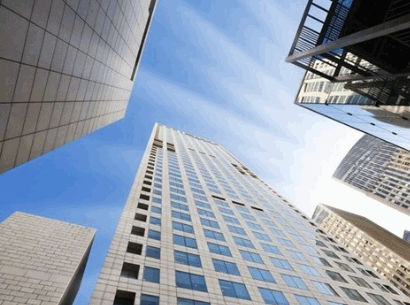
Value Added Tax (VAT) is a tax added to goods or services supplied by VAT-registered businesses. VAT costs are paid by the consumer. It is an added tax that is included in the price that the consumer pays for their goods and services. The standard rate of VAT is 20% but in some cases, it can be higher or lower than this.
Discover: What Is A Tax Reference Number

In most cases, you can assume that any commercial property you buy or rent will be exempt from VAT. This means the buyer or renter will not pay VAT when they purchase or lease the property.
A commercial property transaction is generally exempt from VAT for:
This VAT exemption can be a positive because it means that the property is 20% cheaper to buy or rent which can help it to stand out in a competitive market.
It also means there is a saving on stamp duty land tax (SDLT). Because SDLT is charged on top of VAT, when the supply is VAT-exempt, there is less SDLT to pay.
On the other hand, VAT exemption can be a problem for the current owners or developers. This is because they won't be able to recover VAT on the supplies they have used to renovate or refurbish the property or for any of the costs involved with selling or leasing it.
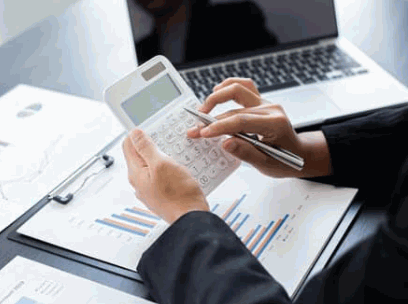
There are two situations where the sale or leasing of a commercial property may be subject to VAT:
A new commercial property is defined as a property that is less than three years old. The owner of a new commercial property will always charge VAT on its sale or rent. When the buyer intends to rent the property out, they will likely choose to charge VAT on the rent going forward to recover the VAT charged on the purchase.
While the majority of commercial properties are by default classed as an exempt supply, the owner can choose to opt into paying VAT. This is known as the option to tax.
Option to tax can have a positive impact in many situations. If, for example, the owner has heavily renovated or refurbished the property, they can reclaim VAT on the supplies they purchased related to the renovation. They can also claim back VAT on sale or lease-related costs.
To opt into charging VAT, the owner will need to inform HMRC in writing within 30 days and before any exempt supplies are made concerning the property. Previous exempt supplies will need permission from HMRC.
This decision should not be taken lightly because once the option to tax has been made, it is in place for 20 years. With that being said, it does not follow the property. So the next purchaser will be able to make their own VAT choice when they decide to sell or lease.
A VAT-charged commercial property will need to have the 20% standard rate applied when it is sold or rented. This can make it a less desirable option to buyers.
If a VAT-registered company is buying or renting a property, they can reclaim the VAT so they won't actually end up paying more.
Some companies or individuals, however, will not be able to claim back VAT. These include:
For companies or individuals that cannot recover VAT charged, the property transaction will be 20% higher than it would otherwise have been. This could be a dealbreaker for some.
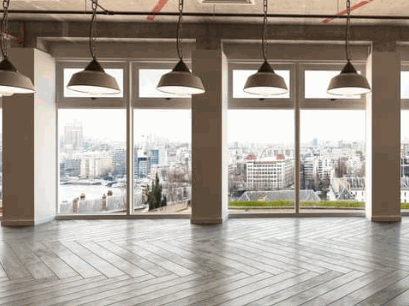
If you are buying or renting a new commercial property or a property that has an option to tax, you still won't need to pay VAT if the property sale or lease is a transfer of going concern (TOGC).
TOGC is when the property is sold as part of a business as a going concern. This is usually a property rental business with tenants already in place.
There are regulations surrounding TOGC, including:
The transferee (buyer) must also be VAT registered at the time of the sale. Just applying for registration isn't enough. HMRC must have approved the transferee's VAT registered status before the sale goes through.
In other words, their VAT status needs to match the registered VAT commercial property owners at the time the property is sold for the sale to be VAT exempt.
Explore: How To Avoid Capital Gains Tax On Inherited Property UK
Whether you are buying, selling, leasing, or renting a commercial property, we can help. If you are considering whether the option to tax is right for you or want to understand whether or not you will need to pay VAT on commercial property transactions, our expert team can examine the details and give you clear professional advice.
We will be with you through every step of the buying or renting process and are on hand to give expert advice and guidance on all financial aspects of the transaction. We can also give you advice on all aspects of VAT, including the pros and cons of registering for VAT, how to recover VAT incurred, and more.
At Prescient Accounting, we understand that the purchase or sale of a commercial building is a big financial step and we will help to ensure that you and your business are protected throughout the process.
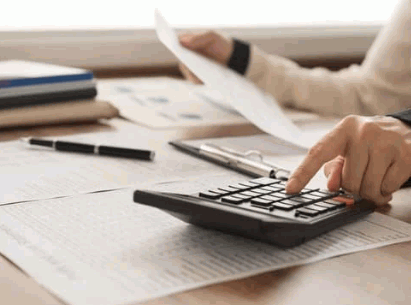
The financial aspects and implications of buying or renting a commercial property can be complex. One aspect of complexity is whether or not you will need to pay or charge VAT.
In terms of avoiding VAT on a commercial property, there are no issues the majority of the time. Most commercial properties are VAT-exempt.
In cases where they aren't (new build or property where the owners have decided to opt into VAT), you may still be exempt from VAT if there is a transfer of going concern (TOC) where the existing business is sold along with the building.
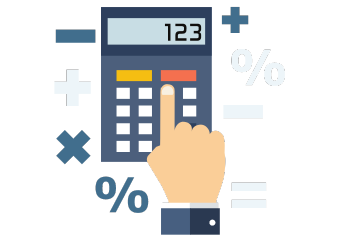
We believe that the role of the accountant is much more than dealing with pure compliance. That’s why we’re offering a free video or telephone call with one of our team of chartered accountants, to give you straightforward and open dialogue about your tax and accounting affairs.